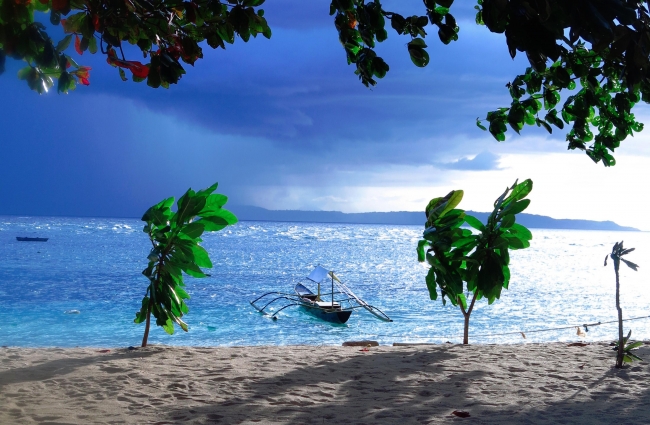12.11.2018 | From 30 May to 2 June 2019, the 30th Joint Annual Conference of GAPBS and IACPL will take place at the University of Bremen, co-organised by Professor Anna-Katharina Hornidge, head of the social sciences department at ZMT. Centering on the notion of “Postcolonial Oceans – Contradictions and Heterogeneities in the Epistemes of Salt Water” this conference will contribute to reflecting on our oceans´ dimensions and roles in postcolonial research.
Like land-based spaces the seas must be viewed through social, political, historical and ecological lenses when it comes to dealing with the pursuit of decolonizing the vast blue spheres. Hereby the circulation of goods, ideas and people are at the heart of the study of postcolonial areas and communities, whether in a discursive or embodied manner.
Postcolonial studies have long been carving out the contradictions between the Western self-perception as a modern society whose individuals, ideas and values are rooted in rational thought traditions such as the “Enlightenment” in relation to its painful history of subjugation, oppression and ruthless power-imposing practices of colonialism. Acknowledging this schizophrenic state also extends to the examination of our oceans and coast lines in postcolonial research.
As passage ways the seas have become routes of power-relations deeply engrained into their fluid surfaces, thereby creating and shaping the interconnectedness of lands linked, and not separated, by water. The notion of oceans being spheres of conjunction gradually paves the way to the emergence of a more systemic perspective in comparison to rather one-sided analysis and interpretation. Thus opening up space to juxtapose and reconcile seemingly contradictory theoretical approaches and empirical findings.
The focus of the conference lies on the oceans as means and spheres for knowledge production and the epistemology of narratives in itself. This aim is mirrored in the idea of oceans as places of contact, exchange and interconnectedness where knowledge is created, circulated and transitioning. Contributions from various epistemological, geographical, cultural and disciplinary perspectives are welcome.
ZMT is represented by Anna-Katharina Hornidge who, among others from the University of Bremen, is co-organising this event. For further details please see the information here.
Please send abstracts (max. 400 words) until 20 November 2018.





